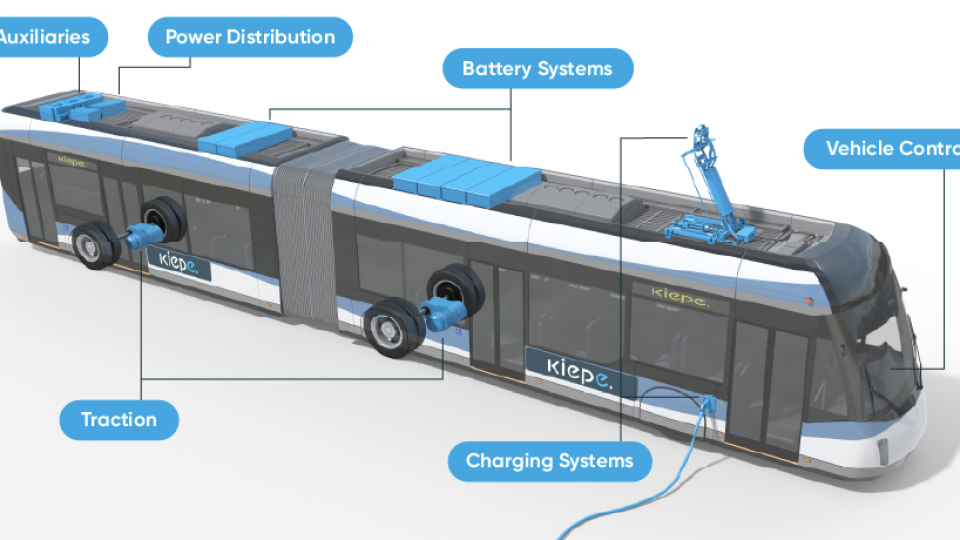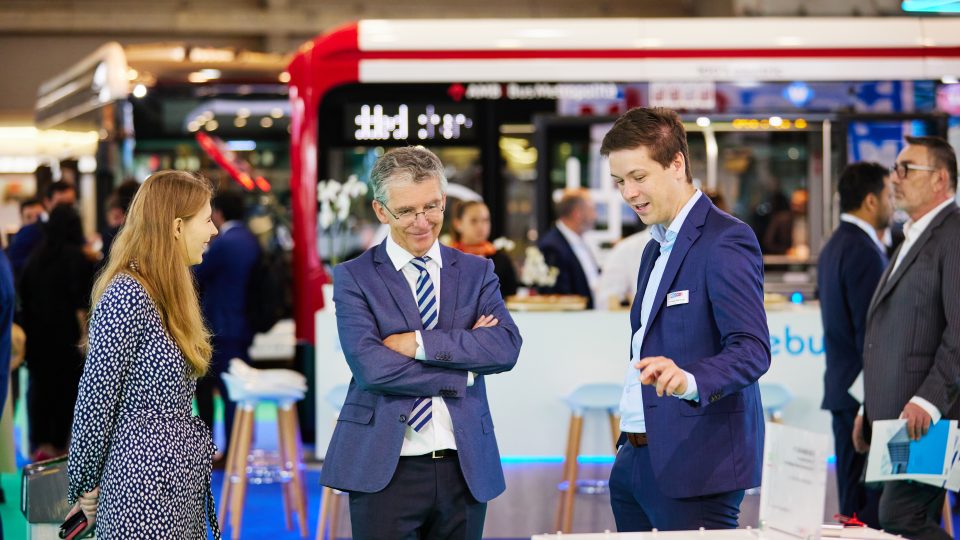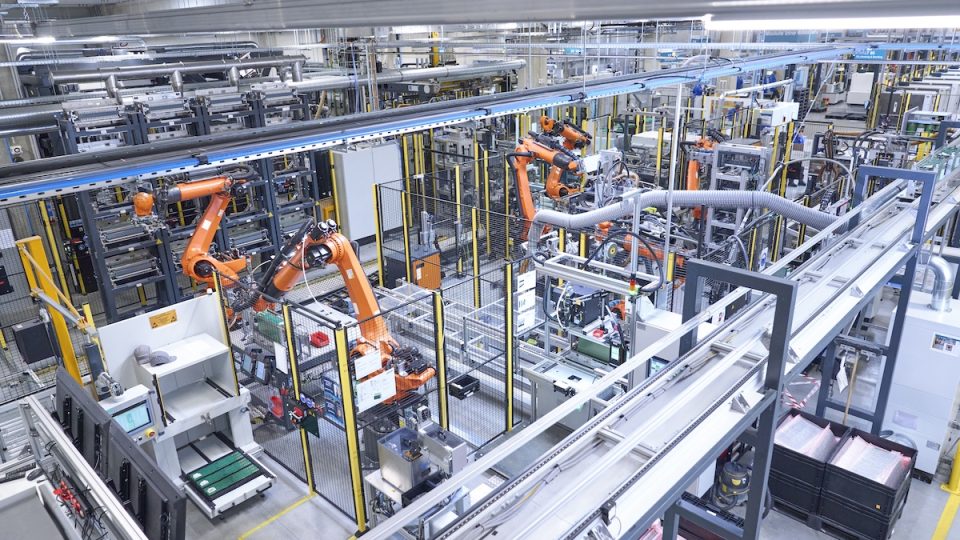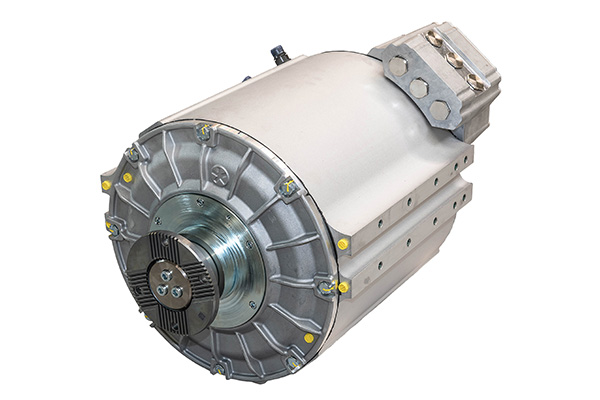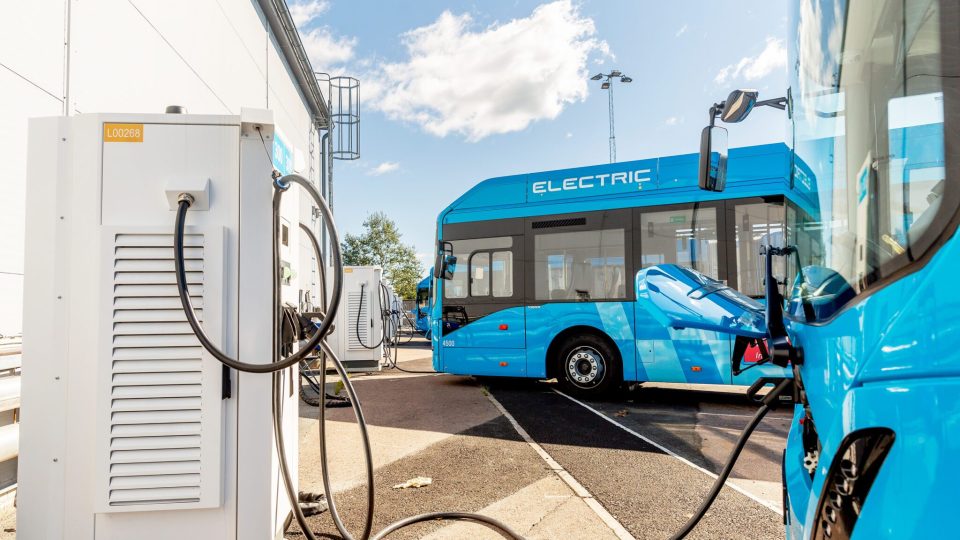ABB and ASSURED consortium: on the way to charging infrastructures standardization
The interoperability report will be followed by real life demonstrations in Gothenburg, Barcelona and Osnabruck. ABB is part of ASSURED consortium, that has developed a new report that will bring public transport market another step forward in the standardization of ebus charging infrastructure. Next steps are occurring since the last quarter of 2019. The four-year project, funded […]
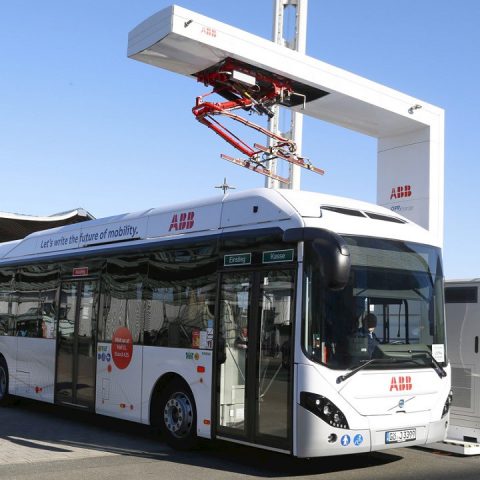
The interoperability report will be followed by real life demonstrations in Gothenburg, Barcelona and Osnabruck. ABB is part of ASSURED consortium, that has developed a new report that will bring public transport market another step forward in the standardization of ebus charging infrastructure. Next steps are occurring since the last quarter of 2019.
The four-year project, funded by the European Union under the Horizon 2020 Green Vehicles program, started in October 2017 with the aim of developing and testing high-power charging solutions for full-size, urban, heavy-duty applications. The report outlines specifications for automatic charging of heavy vehicles based on existing draft standards.
CLICK HERE TO DOWNLOAD
ASSURED 1.0 INTEROPERABILITY REFERENCE
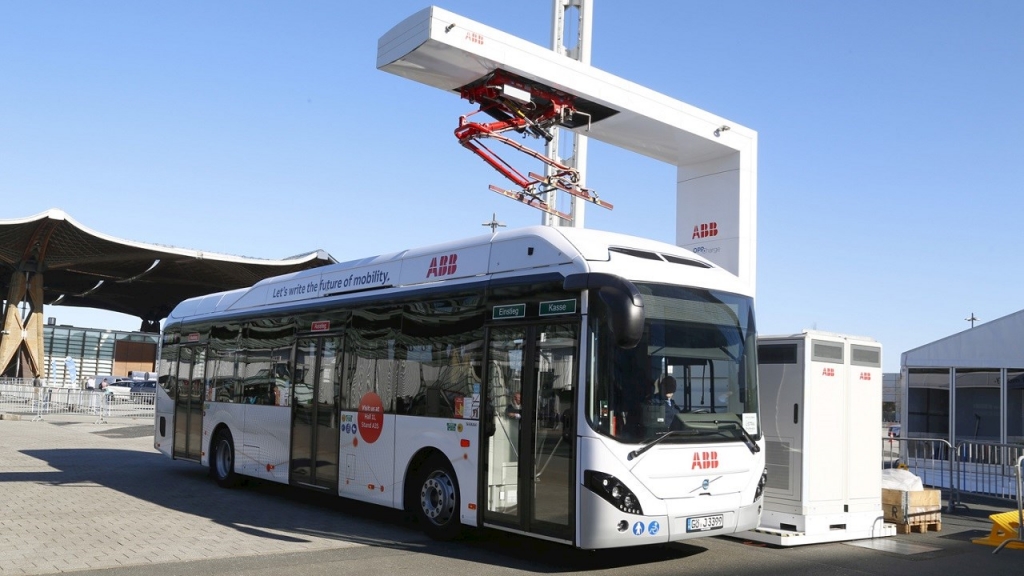
ASSURED project, the next phase from end 2019
Coordinated by the Vrije Universiteit Brussel (VUB), the project consortium counts 39 members from 12 countries that include practitioners from across the entire value chain. Starting in October 2017, ASSURED will run until September 2021. The project has a budget of €23.64 million, €18.65 million of which is provided by the EU. ABB is not the only member of the consortium with regards to the field of charging infrastructures suppliers, as also Heliox, Siemens are part of the group of companies involved in the project.
The next phase of the project, ABB points out in a press release, includes the development of conformance and interoperability testing based on standards outlined in the report. Testing within a controlled IDIADA test house environment in Barcelona is then scheduled to commence in Quarter 4, 2019.
A demonstration in real life situations
This will be followed by a demonstration of the interoperability of chargers and vehicles in real life situations in three European cities, Gothenburg (where ABB is going to power the busiest line of the city bus network), Barcelona and Osnabruck, throughout 2020-2021. Unique to the project, ABB will supply mobile versions of its Panto Down and Panto Up chargers (the latter has been unveiled at UITP Global Public Transport Summit 2019), which can be installed in as little as four hours, the Swiss company highlights.
Frank Muehlon, Managing Director for ABB’s global EV charging infrastructure business comments: “At ABB we have a history of driving standardization across the e-mobility market as one of the founders of both the CHAdeMO and CCS alliance charging standards for passenger vehicles. We are therefore proud to be collaborating with key industry stakeholders within the ASSURED consortium to help evolve charging standardization for electric heavy vehicles. Innovative charging strategies outlined in the report will help drive down the total cost of ownership for electric fleet operators, helping increase adoption of eBuses and eTrucks and enabling a more sustainable future in which both noise and air pollution is significantly reduced.”
“ASSURED is working towards a brighter future for e-mobility, where cities and operators will be able to easily mix and match vehicles and chargers brands to upscale their fleets”, said Arno Kerkhof, Head of Bus Division and Bus Unit leader at Union Internationale des Transports Publics (UITP).


